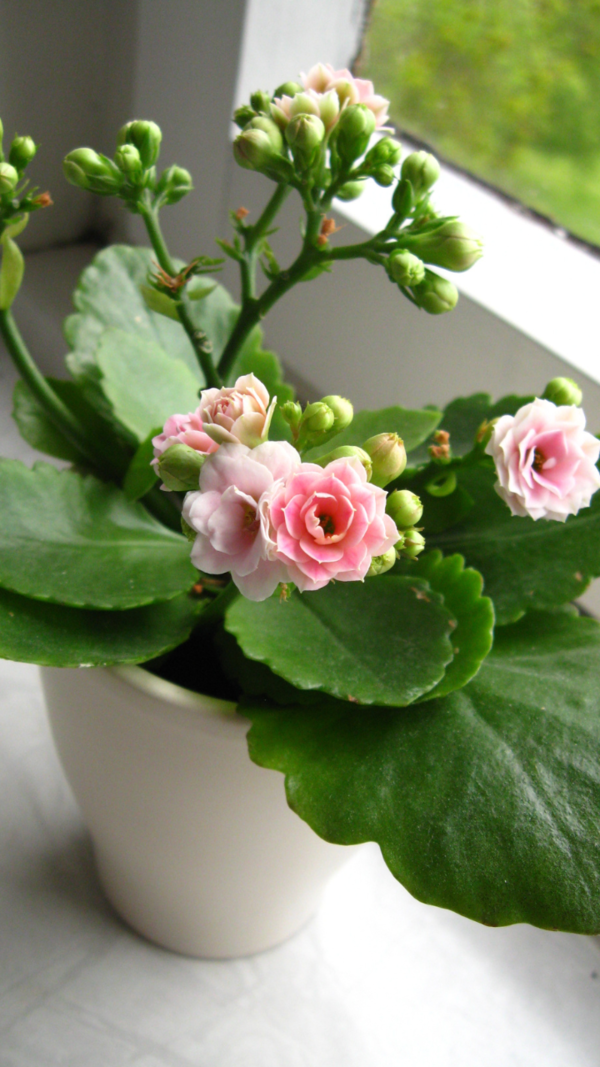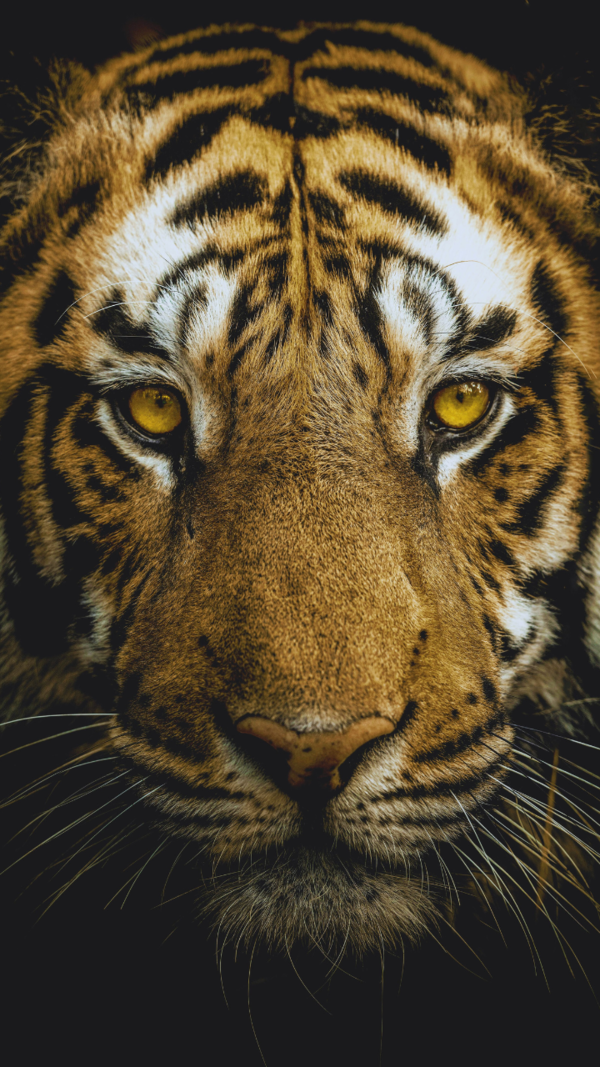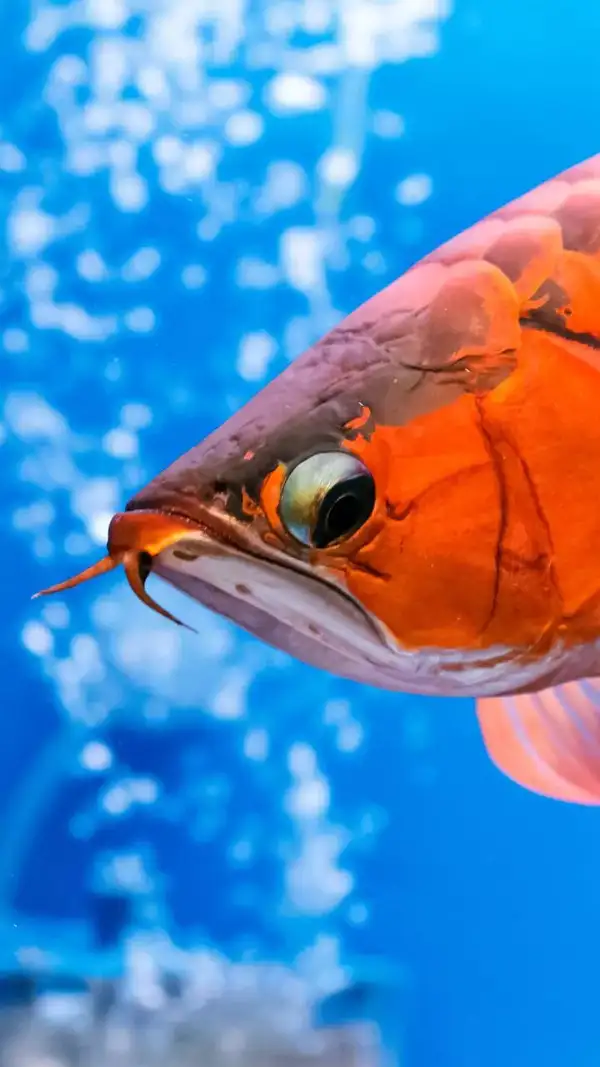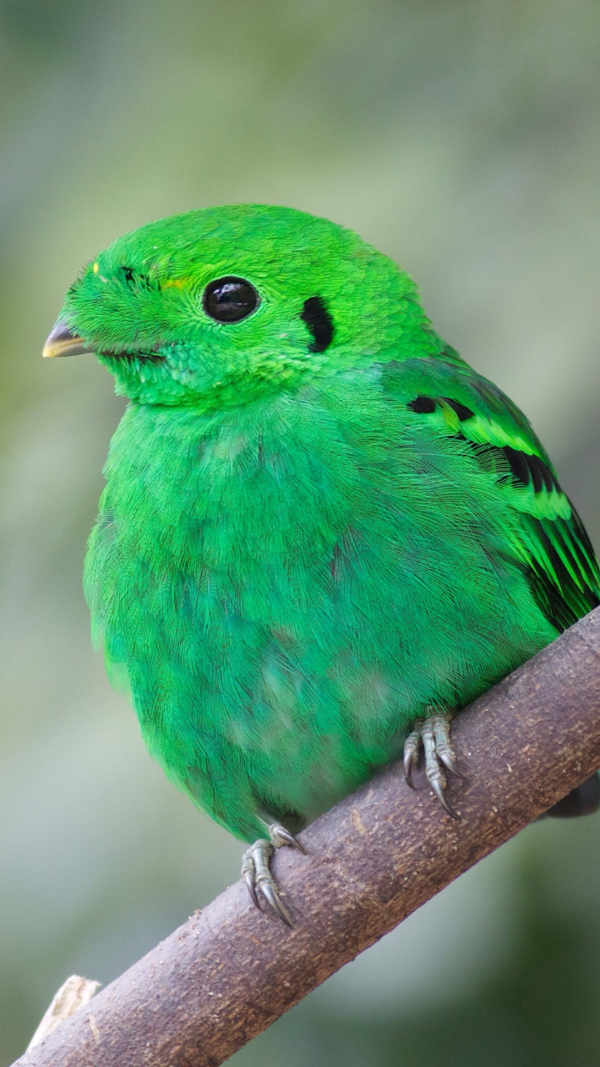White killer whale spotted in Japan: Why are these mammals so rare?
Japanese photographer Noriyuki Hayakawa captured a rare albino orca off Hokkaido, Japan, expressing immense excitement over the unique sighting. The white orca, distinct due to leucism or albinism, differs from the typical black-and-white killer whales. This extraordinary event, reminiscent of the famous white orca "Iceberg," offers scientists valuable insights into orca genetics and health.
For Japanese freelance photographer Noriyuki Hayakawa it was a once in a lifetime opportunity when he saw a rare albino orca leaping out of the ocean. It left him “shaking with excitement.” He captured the white mammal off the coast of Hokkaido, Japan’s northernmost main island.
“I hope as many people as possible get to see it and appreciate how rare and beautiful these animals are,” he told the media.
The photographs taken by Hayakawa shows the rare creature has different shades of white. "The white orca was first spotted by a tourist boat in the area, which radioed Hayakawa’s tourist boat and urged them to get a closer look," NY Post reported.
White killer whales are super rare!
White killer whales, or orcas, are super rare, and when one pops up in the wild, it’s like spotting a unicorn of the sea. These majestic marine mammals are normally dressed in that iconic black-and-white tuxedo look, so when a completely white one shows up, it definitely turns heads. But what makes them so rare?
White orcas aren’t a different species. They’re just orcas with a unique condition, usually caused by leucism or albinism. Leucism is a partial loss of pigmentation, which gives animals a pale or completely white appearance but doesn't affect their eyes like albinism does. In the case of albino orcas, there’s a total lack of melanin, which gives them pinkish eyes and skin that’s even more sensitive to sunlight.
White orcas have been spotted a few times—like the famous “Iceberg,” a massive white male seen off the coast of Russia. These rare sightings spark fascination and headlines because they’re such a stark contrast to the norm. They also give scientists a chance to learn more about genetic diversity and health in wild orca populations.
"It was the first time in my life I'd seen a white orca. I was desperate to get a shot, they swim fast and only surface for a moment," he told The Sun.
“This photo means so much to me. I’ve spent over a decade photographing orcas and this is the first white one I’ve ever seen. I hope as many people as possible get to see it and appreciate how rare and beautiful these animals are," he added.
End of Article
Follow Us On Social Media
Visual Stories
Tired of too many ads?go ad free now










